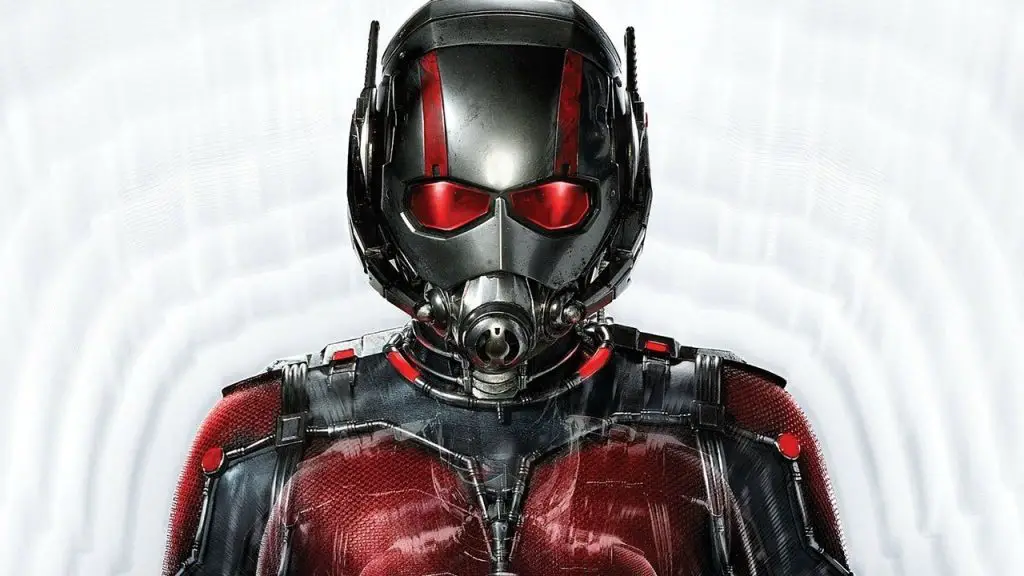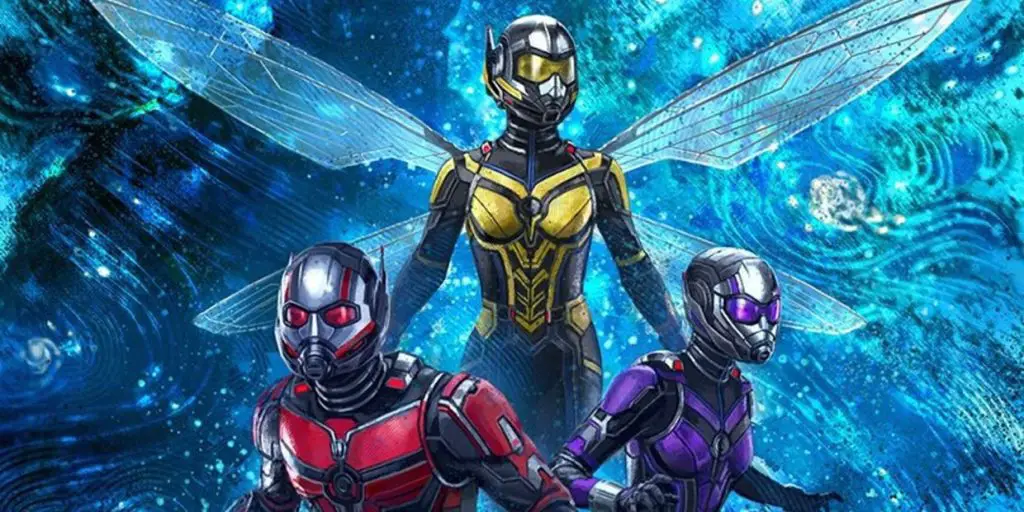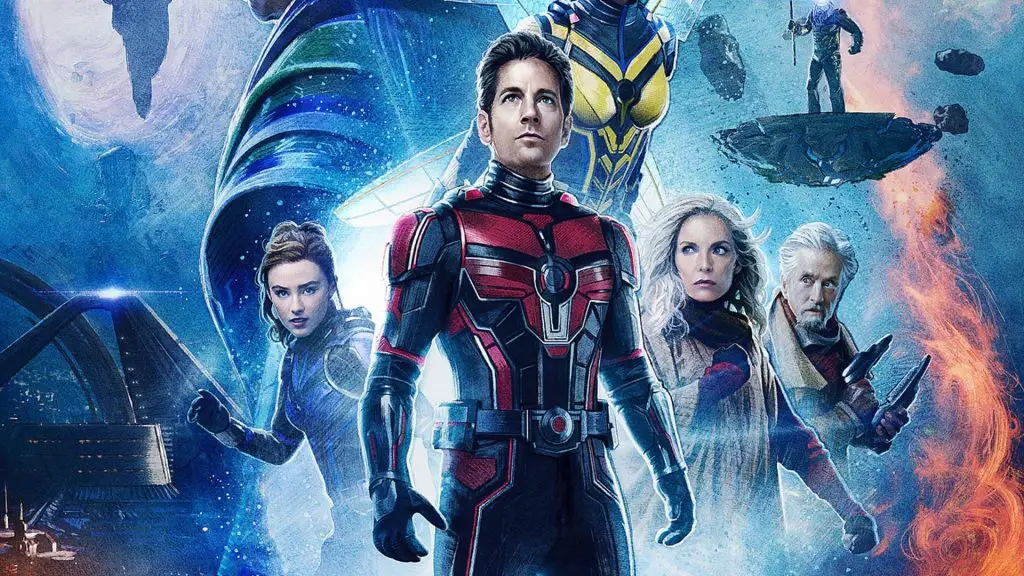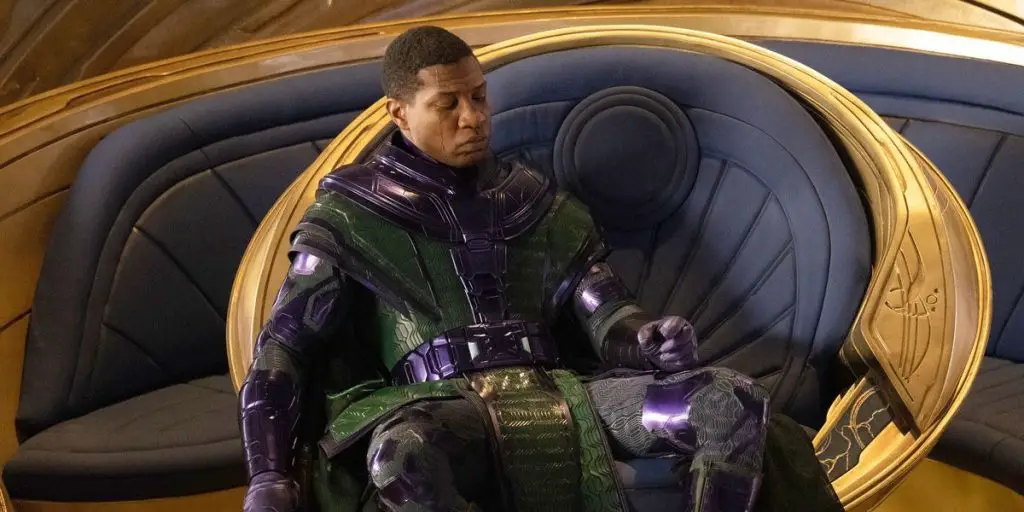Marvel’s “Ant-Man and the Wasp: Quantamania” served as a launchpad for Phase Five, venturing deep into the Quantum Realm. Even with the petite universe it presented, the film’s stakes were monumental for its characters. Kang the Conqueror, played brilliantly by Jonathan Majors, emerged as the primary antagonist, promising to play a significant role in the upcoming “Multiverse Saga”. However, this isn’t to say he was the trilogy’s best villain. That accolade still belongs to the original Ant-Man villain, Darren Cross, depicted by Corey Stoll.
Unraveling the Ant-Man Sequel’s Ambition
The debut weekend for “Ant-Man and the Wasp Quantumania” broke records. However, its luminance faded quickly due to critical reviews. The charm of the earlier movies lay in their intimate, comedic narratives centered on Scott Lang, played by Paul Rudd, just trying to be a good dad. They effectively illustrated the dichotomy between Scott and corporate tycoon Darren Cross. While many fans argue that Darren Cross is among the weaker MCU villains, his depiction brought a refreshing contrast to the universe’s more grandiose antagonists.
Decoding Darren Cross: The Perfect Antagonist for Scott Lang

Paul Rudd’s Scott is an everyman, navigating life with humor and a heart of gold. Scott’s humble disposition, marked by his stint at Baskin-Robbins due to a criminal past, contrasts sharply with Cross’s affluent background. While Cross projects an image of an innovator, his core intent is monetary gain from Hank Pym’s (Michael Douglas) innovations.
Furthermore, the inclusion of a romantic angle, where Cross pursues Hope (Evangeline Lily), Scott’s love interest, lends depth to the narrative. It underscores Hope’s wariness towards Scott initially and her eventual realization that he isn’t a profiteer like Cross.
Simplifying Darren Cross’s Motivations in ‘Ant-Man’
Cross’s collaboration with HYDRA to exploit the Yellowjacket suit isn’t painted as a major plot twist. His alliance choice is dictated purely by profit. Unlike other HYDRA associates in the MCU, who have secrets to guard, Cross’s singular motivation is financial gain. His limited creativity is evidenced by the Yellowjacket suit, which mimics the Ant-Man suit but comes with dangerous flaws.
The Climactic Moments in ‘Ant-Man’s Third Act

The climax of “Ant-Man” keeps the stakes intimate yet gripping. Cross kidnaps Scott’s daughter, Cassie, luring Scott into a face-off. This showdown, sprinkled with comedic elements, sees the inexperienced duo of Scott and Cross awkwardly navigating Cassie’s room. Cross’s vain attempts at being menacing only add to the hilarity.
The M.O.D.O.K. Transformation: Was it Necessary?
“Ant-Man and the Wasp: Quantumania” might have misstepped by reintroducing Cross as M.O.D.O.K. While Corey Stoll’s performance was commendable, transforming Cross from a corporate shark to an insane floating head seemed off-kilter, especially considering Stoll’s dramatic capabilities showcased in films like “The Report” and “First Man.”
Despite this deviation, Stoll manages to shape M.O.D.O.K. into a character congruent with the film’s tone. He portrays Cross’s descent into madness due to confinement and brilliantly underscores his misguided association with Kang.
In Summary: Darren Cross’s Legacy in the Ant-Man Trilogy

Reflecting on the Ant-Man series, Darren Cross stands out as the trilogy’s most well-defined antagonist. While “Ant-Man and the Wasp” tried to infuse empathy with Ava Starr’s Ghost, and Kang appeared too mighty for Lang to battle, Cross was perfect in his simplicity and ambition. In an ever-expanding Multiverse, Darren Cross serves as a reminder of smaller, more intimate conflicts, reinforcing the adage – sometimes less is indeed more.


